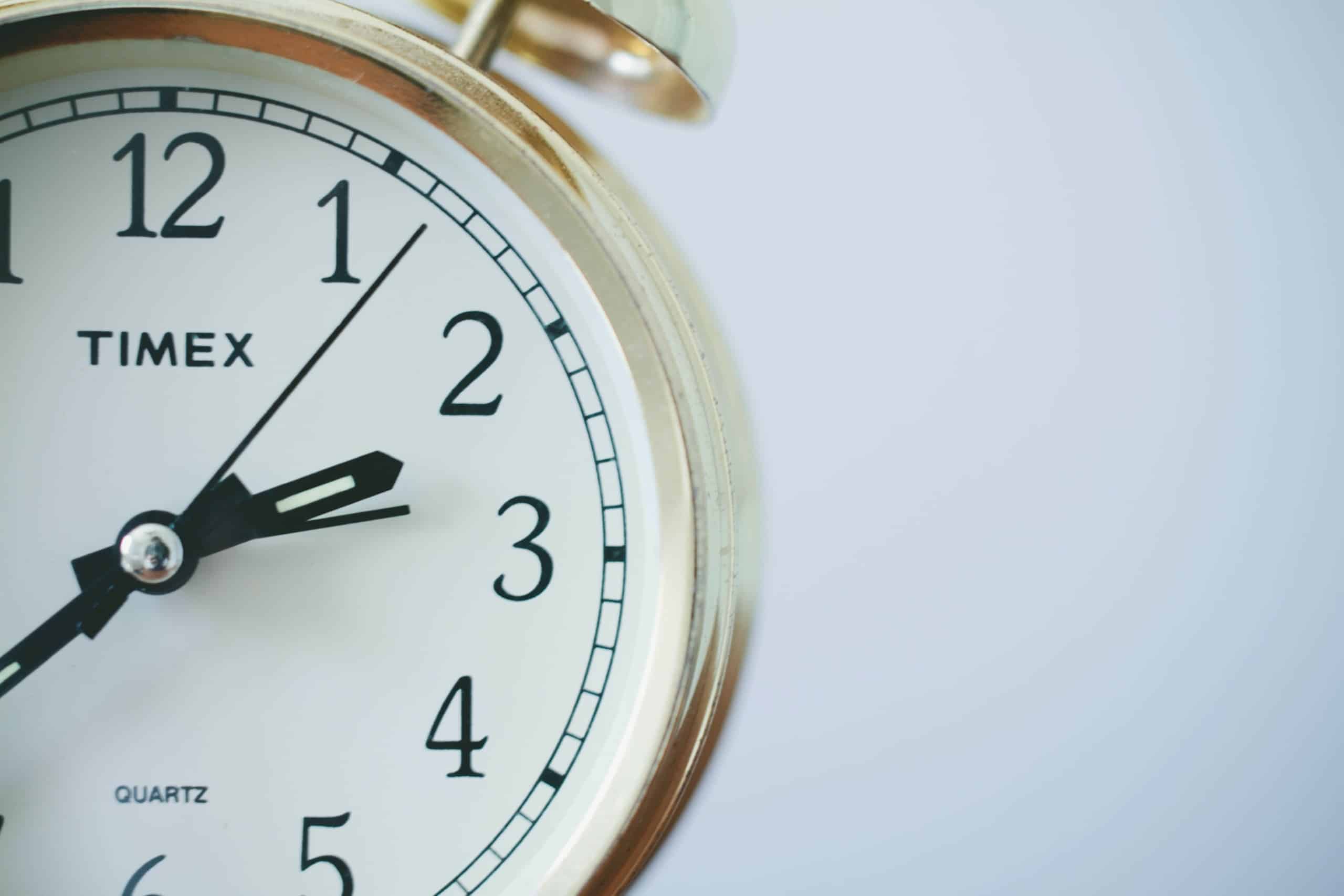Attorney advertisement by Edwin Aiwazian of Lawyers for Justice, P.C., headquartered at 450 N Brand Blvd, Glendale, CA 91203
During daylight savings time, (the nationwide time adjustment that occurs in the autumn months) sometimes California workers can experience discrepancies in their paychecks because of the time change. For example, if your scheduled shift starts at 2:00am, read below:
On the Sunday that Daylight Savings Time begins at 2:00 a.m., the employee does not work the hour from 2:00 a.m. to 3:00 a.m. because at 2:00 a.m. every clock is turned forward to 3:00 a.m. Therefore, during a worker’s shift, they would have only worked 7 hours, despite the schedule being created for 8 hours.
The day on which Daylight Savings Time ends at 2:00 a.m., the employee works the hour from 1:00 a.m. to 2:00 a.m. twice in a row because at 2:00 a.m. every clock is turned back to 1:00 a.m. Therefore, a California worker would work for 9 hours, despite their work schedule only reflecting 8 hours.
What can hourly workers and non exempt employees do to ensure they are paid correctly? Each hourly worker needs to be aware of the below issues that can occur during daylight savings.
1. Double Pay
When an employer has a nonexempt employee who is in the middle of a shift at 2 a.m. when daylight saving time takes effect, the time becomes 1 a.m.; therefore, employers may be required to pay their employees for one additional hour of work. This usually occurs when the time change exceeds the number of hours actually worked.
Federal law, under the fair labor standards act, requires employers to pay employees for all hours worked. And in the case of daylight saving time, the employee would have worked the hour from 1 a.m. to 2 a.m. twice (the “bonus” hour would carry through the remainder of the shift).
For employers looking to avoid this, they sometimes can change the start or end times of any nonexempt employee shifts during the daylight saving time period.
2. Overtime Accrued
If an employer pays their hourly employees for another hour of work during daylight saving time, they may need to dole out overtime compensation as well.
Why? Because the hour from 1 a.m. to 2 a.m. equals two hours of work and could result in a workweek that exceeds 40 hours or a workday that exceeds 8 hours.
3. What About the Beginning of Daylight Saving Time vs. The End?
Forward-thinking employers should take the start of daylight saving time into account. Nonexempt employees who are working on Sunday morning at 2 a.m. — when clocks are turned ahead and we lose an hour of sleep — may be entitled to one fewer hour of pay for their shifts because they would not have worked the hour between from 2 a.m. to 3 a.m. F
For example, if an employee is scheduled to work a shift from 11 p.m. to 7:30 a.m. with a half-hour break, that worker would have worked seven hours instead of eight. However, employers can amend their hourly employees’ schedules when the clocks spring forward.
At the end of daylight savings, however, the Fair Labor Standards Act doesn’t require employers who decide to pay their workers for a full eight-hour shift even if they worked only seven hours to include that extra hour of pay.
The FLSA also prohibits employers from crediting that bonus unworked hour of pay toward any overtime compensation for the employee, even if they are working a graveyard shift.
Wage Theft
This is an example of wage theft. The best course of action to take if you are an employee who believes you were paid unfairly because of daylight savings is to contact a wage and hour lawyer. A wage and hour employment lawyer can help recoup pay from the additional hour you worked during daylight saving and can make sure your employer is able to pay employees.
Contact Lawyers for Justice, P.C. at 818-JUSTICE so our powerful team of employment lawyers can fight for you. Or explore www.CallJustice.com for more resources.
Attorney advertisement by Edwin Aiwazian of Lawyers for Justice, P.C., headquartered at 450 N Brand Blvd, Glendale, CA 91203
Think you deserve justice?
-
Get a Free Case Evaluation
-
Retain Service with No Upfront Cost
-
Get the Justice You Deserve
-
No Win, No Pay









